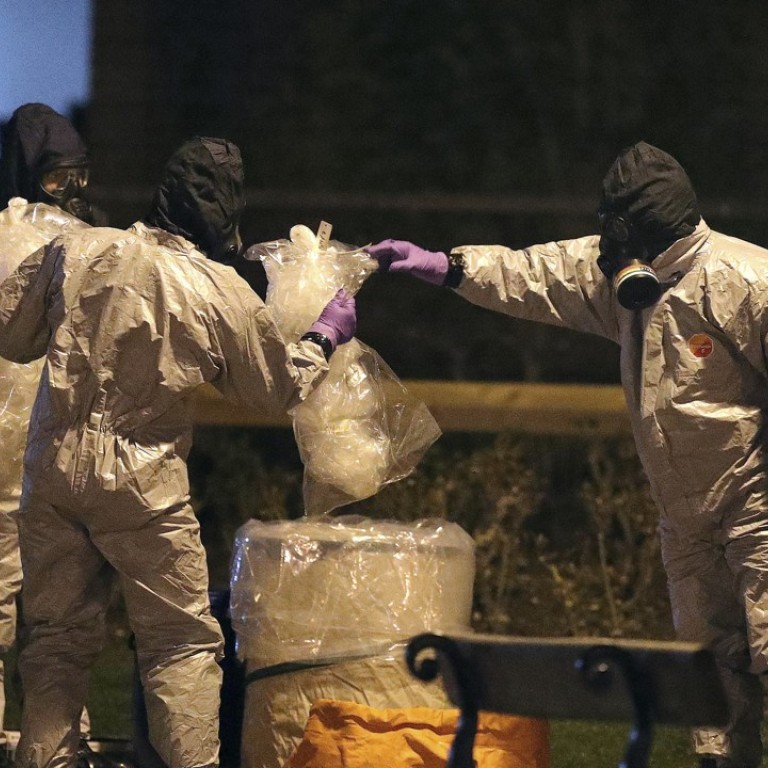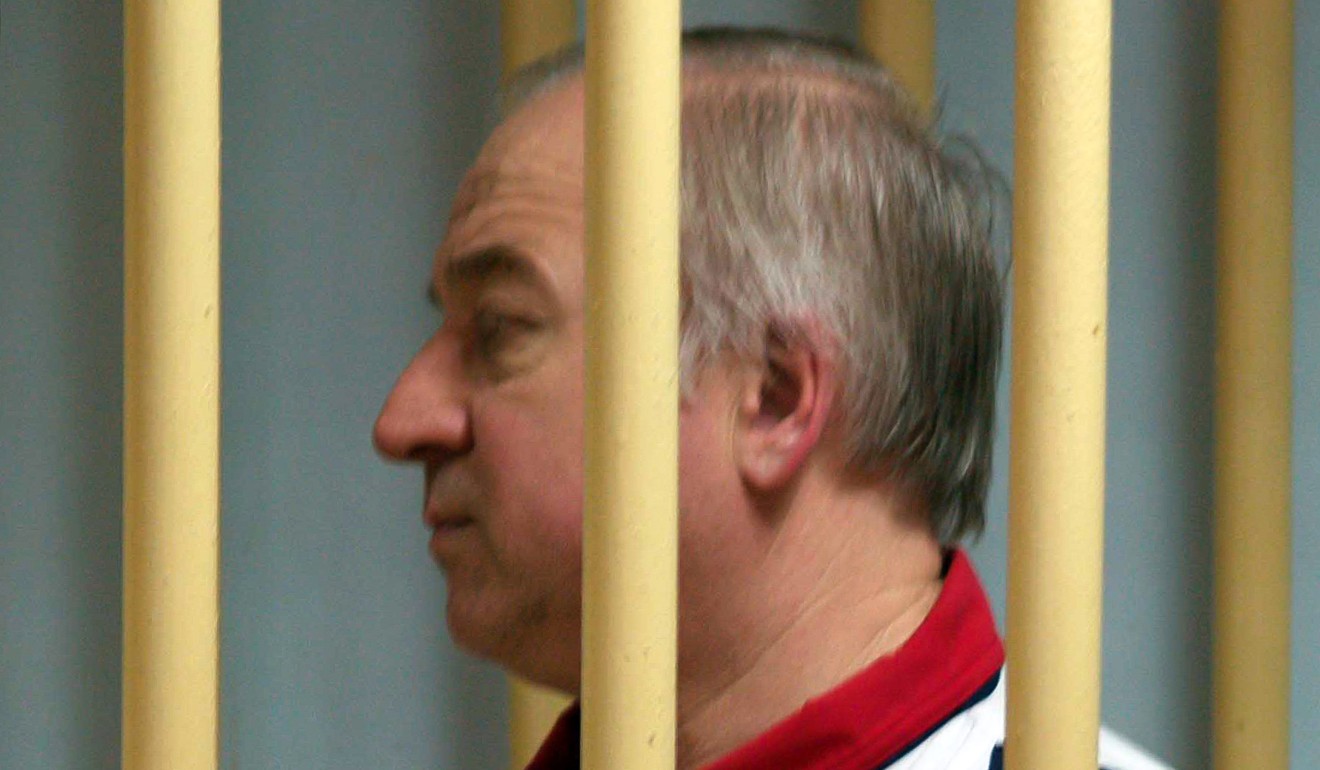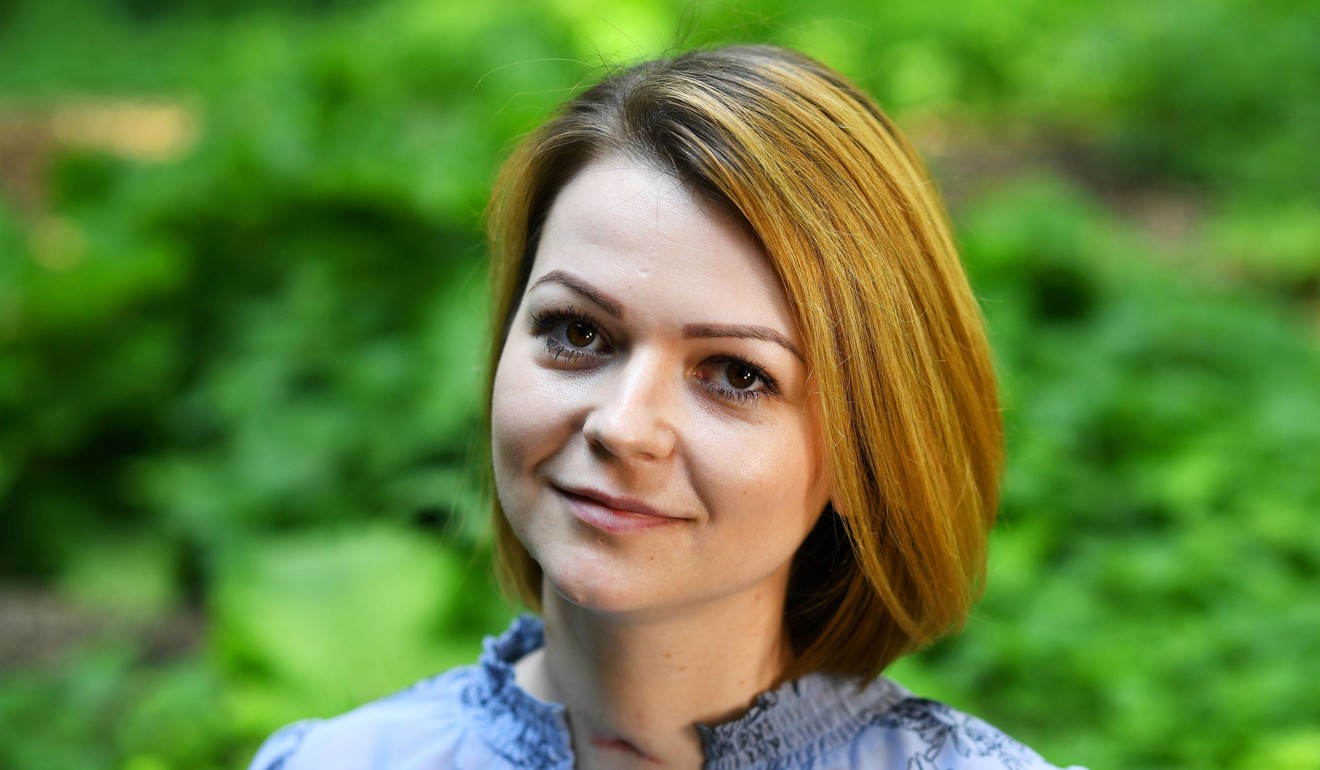
Chemical arms watchdog wins right to declare who poisoned Russian ex-spy Sergei Skripal with nerve agent in UK
Decision gives the agency the ability ‘to point the finger at the organisation, the state that they think is responsible’, British official says
The world’s chemical weapons watchdog has won new powers to assign blame for attacks with banned toxic munitions, a diplomatic victory for Britain just months after a former Russian spy was poisoned on its territory.
In a special session on Wednesday, member states of the Organisation for the Prohibition of Chemical Weapons (OPCW) voted in favour of a British-led proposal by a 82-24 margin, easily reaching the two-thirds majority needed for it to succeed.
The motion was supported by the United States and European Union, but opposed by Russia, Iran, Syria and their allies.

British Foreign Secretary Boris Johnson said the vote would empower the OPCW “not just to identify the use of chemical weapons but also to point the finger at the organisation, the state that they think is responsible.”
“That’s crucial if we are going to deter the use of these vile weapons.”
Russia said the vote called the future of the organisation itself into question, with Industry Minister Georgy Kalamanov telling reporters: “The OPCW is a Titanic which is leaking and has started to sink.”
EU backs Britain by blaming Russia for Novichok poisoning
“A lot of the countries that voted against the measure are starting to think about how the organisation will exist and function in the future,” he said.
Though the use of chemical weapons is illegal under international law, the taboo on deploying them has been eroding after their repeated use in the Syrian civil war, but also in Iraq, Malaysia and Britain since 2012.

The poisoning of the Russian double agent Sergei Skripal and his daughter, Yulia, in England in March led to tit-for-tat expulsions of diplomats by Moscow and the West and was one reason for Britain’s push to strengthen the OPCW. Russia has denied any involvement in their poisoning.
From 2015 to 2017 a joint UN-OPCW team had been appointed to assign blame for chemical attacks in Syria. It found that Syrian government troops used the nerve agent sarin and chlorine-filled barrel bombs on several occasions, while Islamic State militants were found to have used sulphur mustard.
Sergei Skripal discharged from British hospital after attack
But at a deadlocked UN Security Council, the joint team was disbanded last year after Moscow used its veto to block several resolutions seeking to renew its mandate.
The British proposal declares that the OPCW will be empowered to assign blame for attacks, though details of how it will do so still need to be further defined by the organisations’ members.

